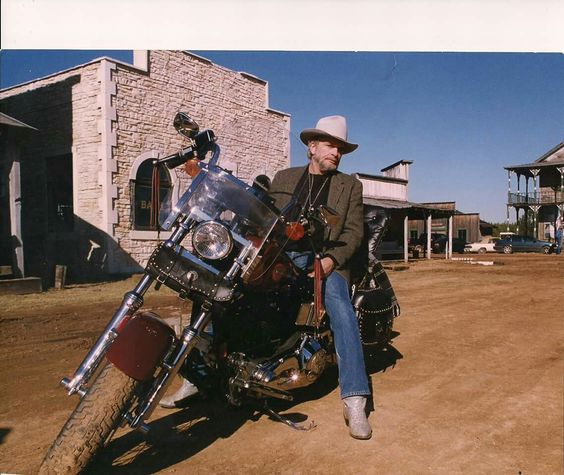𝐌𝐞𝐫𝐥𝐞 𝐇𝐚𝐠𝐠𝐚𝐫𝐝 – 𝐑𝐮𝐧𝐧𝐢𝐧𝐠 𝐊𝐢𝐧𝐝



The Ballad of a Restless Heart: Unveiling Merle Haggard’s “Running Kind”
Merle Haggard’s “Running Kind” isn’t just a catchy tune, it’s a window into the soul of a working-class troubadour. Released in 1978 as part of the album “A Working Man Can’t Get Nowhere Today,” the song resonated with Haggard’s own experiences and the struggles of blue-collar America.
Haggard, a former convict who found redemption through music, understood the restless spirit. “Running Kind” isn’t about a criminal on the run, but a man perpetually searching for something better. The lyrics paint a picture of a life defined by dead-end jobs, empty pockets, and a yearning for a different path.
Though not a chart-topping hit, “Running Kind” became a staple in Haggard’s live performances. Its relatable themes and Haggard’s signature baritone voice cemented the song’s place as a classic of the “outlaw country” genre.
The song’s legacy extends beyond Haggard himself. Johnny Cash, another country music icon, covered “Running Kind” with Tom Petty, showcasing the song’s enduring appeal.
So, as the opening guitar riff of “Running Kind” rings out, prepare to be transported to a world of working-class woes and the yearning for a life beyond the horizon. This is a song for those who’ve ever felt the itch in their boots, the whisper of a restlessness that beckons them to keep on running.